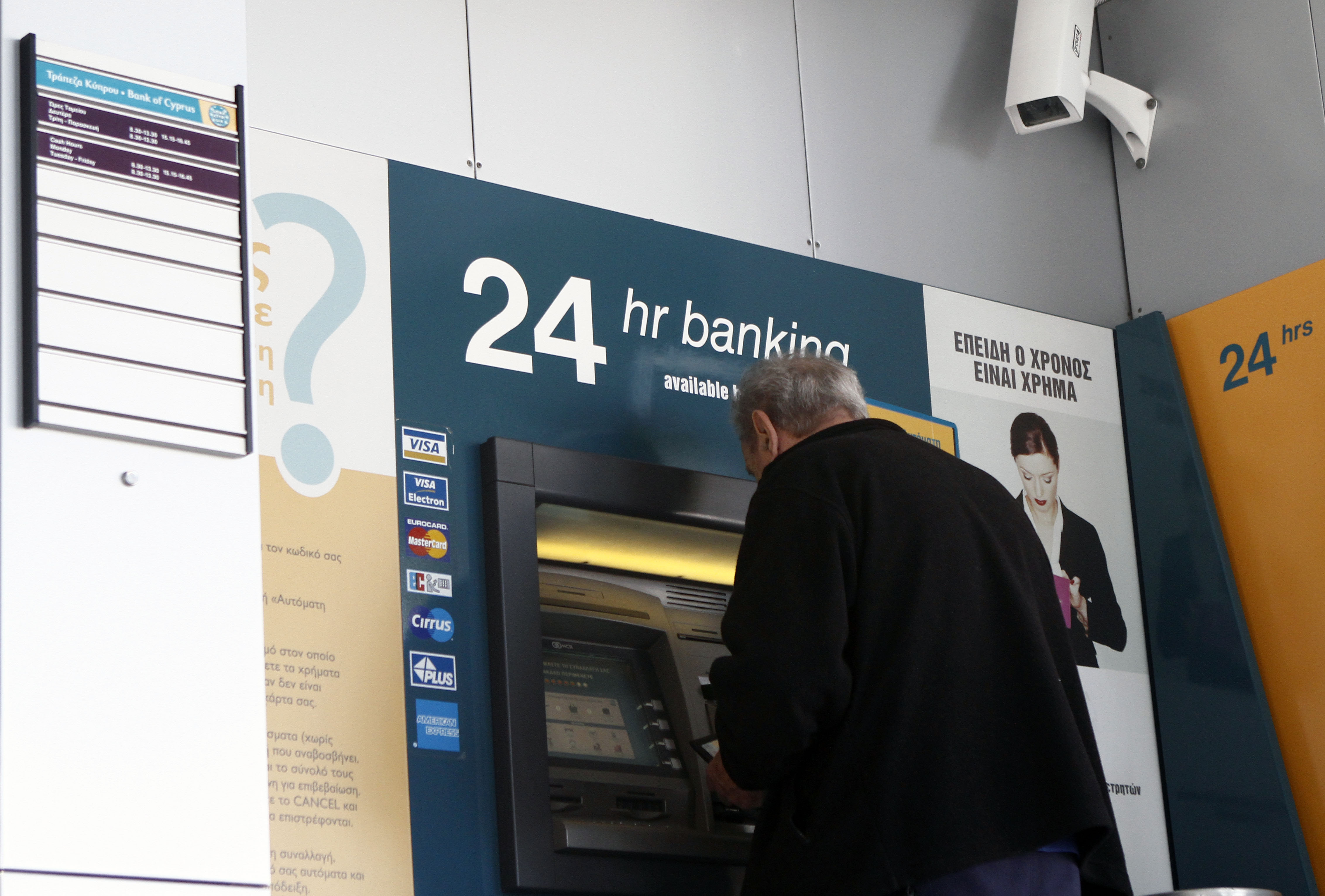Almost half of households saw their income decrease in Cyprus during the last six months of 2020, according to a survey on the impact of the Covid-19 pandemic on people’s finances and daily lives.
The survey, prepared by the CMRC – Cypronetwork Ltd on behalf of the Cyprus Consumers Union and Quality of Life, screened 1,000 people between February 5 and 26.
According to the results, almost one in two households (47 per cent), said their income decreased during the past six months. This is almost four times more than in 2019 when 12 per cent of respondents in a survey carried out by the same stakeholders said they had seen their income drop in the previous six months.
Larnaca and Famagusta seem to have been affected the most, since six in 10 respondents in these two districts said they saw their incomes drop. Half of respondents in Limassol said the same, as well as 51 per cent in Paphos. In Nicosia, 36 per cent said their incomes decreased. Only 4 per cent in total said their income had increased, the survey said.
In total, 29 per cent said they were not affected financially because of the pandemic but according to the demographic analysis of the respondents, this mainly concerned people in the 18 to 24 age group many of whom are students, and the 65 and over group who are pensioners.
Among the 71 per cent who said they were affected, the majority said this meant they failed to pay bills on time (37 per cent), followed by those who said their salary decreased (33 per cent), those working fewer hours (32 per cent), those who applied for state aid (26 per cent), and those who used savings to cover current needs (20 per cent).
Almost one in 10 respondents (9 per cent) said they had to borrow money from friends and family. Four per cent said they lost their jobs and 3 per cent said they raised their credit card limit.
Almost one in three households (30 per cent) said they barely make ends meet, 20 per cent said they have a little difficulty with getting by on their income and 14 per cent said they were having great difficulty.
The survey also found that the number of people who said they were facing a survival problem (12 per cent) has risen significantly compared to previous years. None of the respondents had said they were facing a survival problem in 2019 while only 1 per cent had said this was the case in 2018. In 2014, when Cyprus was still gripped by a financial crisis this was at 8 per cent.
Around one in four, (22 per cent), said their income allowed them a comfortable lifestyle.
The survey also recorded people’s concerns with the majority (47 per cent) saying they were mainly concerned about whether they would have the necessary medical care if needed. Other most cited concerns respondents expressed were whether they would have a job, be able to pay their bills and cover their household needs.
On how the pandemic has affected their lifestyle, nine in 10 said they now carry a mask with them whenever they leave the house. Almost six in 10 (58 per cent), said they no longer take trips, and 55 per cent said they cook more at home. One in three said they shop more often from places near their homes, and one in four said they avoid mass transportation. One in five said they shop more often from small, local businesses. The same percentage said they consume healthier food. Another 13 per cent said they are learning a new skill and 9 per cent buy products that are friendlier to the environment.







Click here to change your cookie preferences